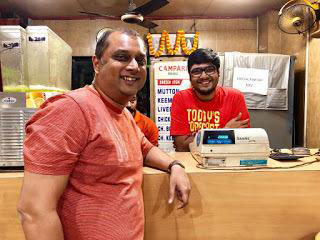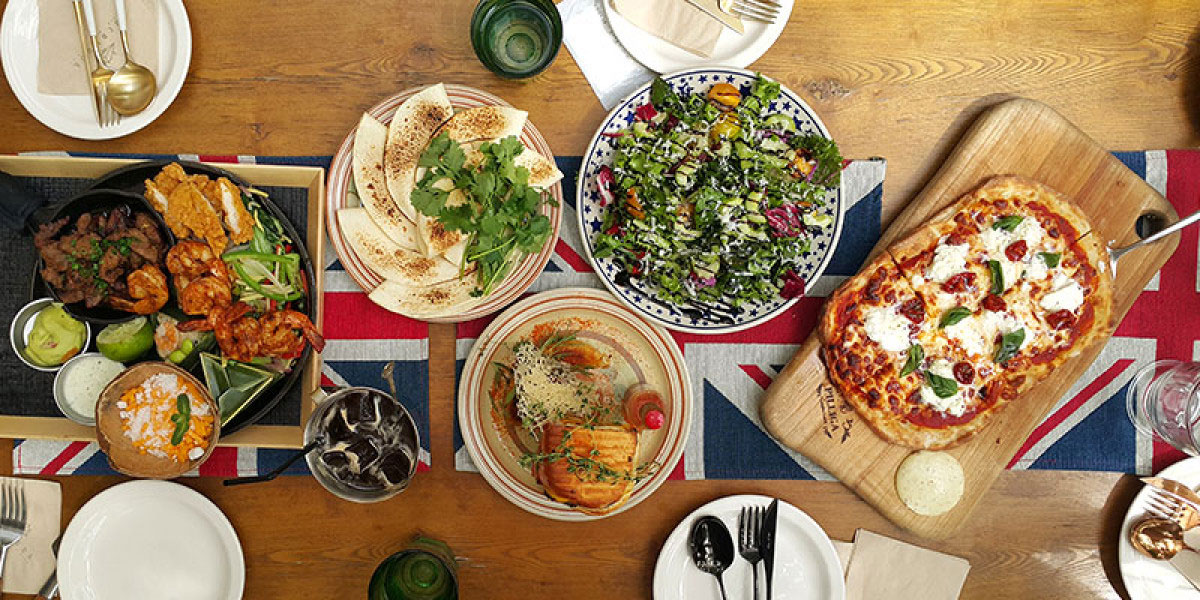The story of Kolkata’s friendly neighbourhood cutlet-man
Read on to find out the tale of Campari, a legendary food outlet
A big part of the culinary culture of Kolkata are the parar roller dokans, mishtir dokans, cha’er dokans and tele bhaaja dokans, which dot its residential areas. Small shops or stalls which serve snacks such as rolls, cutlets and chops, or mishti (sweets) and shingara (samosa), or the local tele bhaaja (pakora) and tea, of course. These are particularly busy in the evenings with kids heading there after school with their parents; with their friends as they grow older and later on in life for (oft hidden) romantic dalliances. Office goers stop here on their way back from work. As the sun sets, the parar dadas, kakus and jethus (the grown-ups of the neighbourhood) meet at the parar thek (street corner) for adda: discussing every topic under the sun, fuelled by their favourite snacks from these shops.
Campari at south Kolkata’s Dover Terrace is an interesting hybrid of the quintessential roller dokan (a street-side kiosk from which rolls, chop, cutlets et al are sold) and a snack bar. It is best known for its chicken cutlets, which its loyalists even pack, freeze and take back home after they leave Kolkata.
When at Campari, you might bump into a young man named Adipto Mitra at the cash counter. He is the grandson of the late Ashok Mitra, the gentleman who had opened Campari way back in 1979.

A family legacy
As a child, Adipto had heard stories of how his grandfather had gone to Germany and then left his job as an engineer there to return to Kolkata. Once back, Ashok Mitra set up this snack bar and named it Campari after the aperitif that he greatly admired when in Germany. A friend gave grandpa Mitra the recipes for chops and cutlets, which he then modified to make their tastes more universal and their quality consistent. Opening a snack bar was an act of entrepreneurship that one would not expect the average Bengali bhodrolok of his generation, who would typically prefer the security and ‘respect’ offered by a white collared job, to do, but that did not deter Ashok. After he passed away, his wife, the late Mrs. Nandita Mitra continued to run the shop with support from her family, staff and customers. An act that was even rarer for a Bengali middle class lady of her time.
It was possibly a mix of a sense of duty and his childhood love for the chicken cutlets at Campari, which made young Adipto sit at the cash counter after he completed his masters in journalism at the Jadavpur University. His grandmother, who had run the business for 18 years after his grandfather passed on, had hoped that Adipto would carry on the family legacy one day. Adipto decided to take on the baton from her after she had passed away, even though he had just completed his studies and was looking to pursue a career in writing at that point.
“This is what grandma would have wanted. There is still time left for everything else,” says Adipto.
Campari opens for business only in the evening, even though it is a snack bar and not just a kiosk, and there is a reason for this.
“My grandfather opened Campari with the aim to serve food that people could snack on in between meals, especially in the evenings. After he returned to India, he realised that most of the snacking options available for one to have after a hard day's work were not good for one’s health. This is why he set out to make something by using better ingredients, which were comparatively healthier and yet soul satisfying. He kept the shop open only between 4pm to 8pm, even though more hours would have meant more business. This is because he believed that one should have one's dinner at home and not at a snack bar. He would not even let me have my favourite cutlets from Campari after 8 pm,” explains Adipto. “Which is why we still do not serve food before 4 pm or after 8 pm. It’s also why I give a weekly off to my staff and shut shop once a week. Dadu (grandpa) would have wanted that.”

